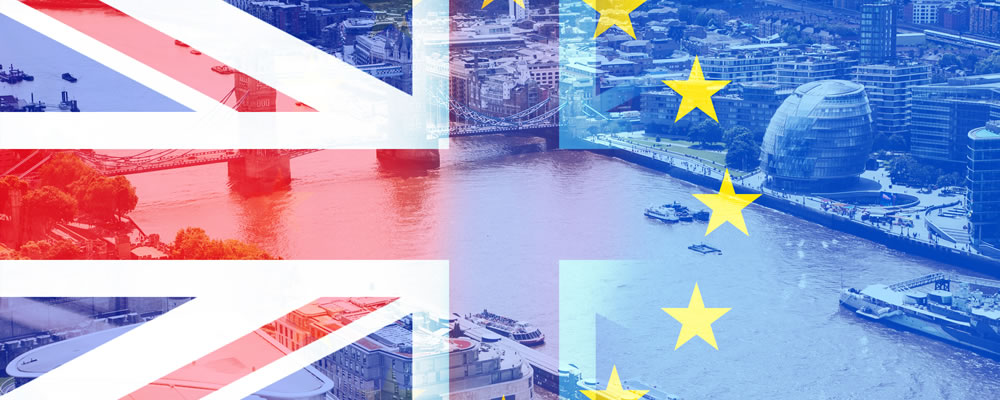German Construction, Factory Orders Beat Expectations, EUR Exchange Rates Capitalise
The Euro Pound (EUR/GBP) exchange rate climbed on Tuesday morning, bolstered by a run of upbeat ecostats from the Bloc’s largest economy.
German factory orders surged by 3.8% month-on-month in December, smashing the market consensus of 0.7% and November’s -0.1% fall and marking the steepest increase in factory orders since August 2017.
This was largely driven by a massive 5.9% jump in foreign demand.
The Economy Ministry shared their thoughts on the readings:
‘Orders were extremely dynamic in the second half of 2017. Brisk demand from abroad brought full order books and good sentiment in companies. German industry should start strongly into 2018’.
In other news IHS Markit’s German construction PMI for January jumped to 59.8, beating the previous month’s 53.7 and marking the strongest expansion within the construction sector since March 2011.
Combined, this news kept the EUR/GBP narrowly within the single currency’s favour.
Pound (GBP) Exchange Rates Prove Bearish as Brexit Negotiations Continue
With a notable lack of UK ecostats on Tuesday Pound (GBP) exchange rates were largely left to react to Brexit-related soundbites.
On one hand, optimism for Britain’s post-Brexit economic opportunities increased after the UK’s top financial regulator, Andrew Bailey, asserted that there is nothing stopping Britain and the EU from settling a mutually beneficial agreement for financial services.
This would ensure that financial services trade continues in the long term, as it does currently.
Bailey asserted that ‘broad mutual recognition’ for regulations between the UK and the EU could replace the single market passport, stressing that a mutual recognition agreement was just as much in the EU’s economic interests as it was in the UK’s.
‘You can get it if you want’, Bailey stated.
This provided some support for the Pound, though discussions regarding the UK’s position, in, or out of the customs union have continued to prove a slight encumbrance.
UK Prime Minister Theresa May has insisted that the UK will not be a member of ‘a’ or ‘the’ customs union after Brexit, instead pushing (like Brexit Secretary David Davis), for a bespoke trade deal that would also allow the UK to pursue deals with other nations during the transitionary period.
The EU has, thus far, fought against this.
Euro Pound (EUR/GBP) Exchange Rate Forecast: BoE Rate Decision Ahead
The Euro Pound (EUR/GBP) exchange rate could encounter some volatility on Thursday as markets react to Germany’s trade figures for December and the Bank of England’s (BoE) first interest rate decision of 2018.
The BoE is currently set to hold interest rates at 0.5% on this occasion, but rate rises are now beginning to be forecast for as early as May.
This is largely due to the better-than-expected UK growth readings and a steady rise in optimism for the UK’s post-Brexit economic future – something that the financial services company ‘UBS’ and indeed bank Governor Mark Carney have cited as one of the deciding factors.
Nonetheless, markets will be keen to assess the bank’s accompanying statement on Thursday, with any optimism for the UK’s economic outlook liable to stoke the fires for Pound bulls and put EUR/GBP under pressure.
Conversely, a cautious perspective could limit the Pound – particularly following the disappointing performance of the UK’s private sector in early 2018.



